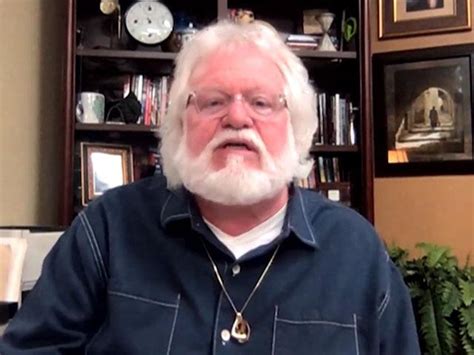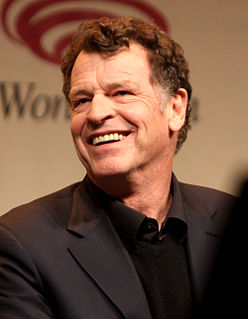A Quote by Andre Aciman
For the religious, Passover is the grateful remembrance of a homeward journey after years of suffering.
Related Quotes
Passover is very important to God. But satan HATES Passover. The enemy has worked diligently to steal Passover away. The good news is: God is restoring Passover. But it is a battle! The battle for Passover is the battle for the Blood. Satan wants to give us a bloodless religion, because a bloodless religion has no power. The power is in the Blood!
[The Book of the Law]was lost for so many years. And then Josiah decided to celebrate Passover. The text says that "The Passover sacrifice had not been offered in that way ... during the days of the kings of Israel and the kings of Judah" [2 Kings 23:22]. What do you mean? Not in the days of David and Solomon? Never before? And what of the days of the prophets? What happened? That's what I'm anguishing over. If the Book of the Law could be forgotten for so many years, who knows what was done to it during those years? Maybe it was lost later, too.
Real spiritual journey in life is the discovery of self. I think once you take all the religious bullshit away from Jesus Christ, it's saying it's about this journey of discovering who you are, and what's really important in life is simply love. That the journey of civilization, the journey of understanding, is forgiveness, is empathy. And that's what humanity is striving for.
The question is grateful to who? You would think grateful to Allah, but Allah didn’t mention Himself. So it could be grateful to Allah, grateful to your parents, grateful to your teachers, grateful for your health, grateful to friends. Grateful to anyone who’s done anything for you. Grateful to your employer for giving you a job. Appreciative. Grateful is not just an act of saying Alhamdulilah. Grateful is an attitude, it’s a lifestyle, it’s a way of thinking. You’re constantly grateful.
Jewish people, we don't believe in Hell or a future place to suffer. We're suffering right now. Every one of our holidays celebrates how much we've suffered. Passover - we're celebrating 5,000 years ago, God passed over our houses and murdered all the Egyptians. We're celebrating, 'Hey, thank God we didn't get slaughtered.
It is terrible that we all die and lose everything we love; it is doubly terrible that so many human beings suffer needlessly while alive. That so much of this suffering can be directly attributed to religion—to religious hatreds, religious wars, religious delusions and religious diversions of scarce resources—is what makes atheism a moral and intellectual necessity.





































